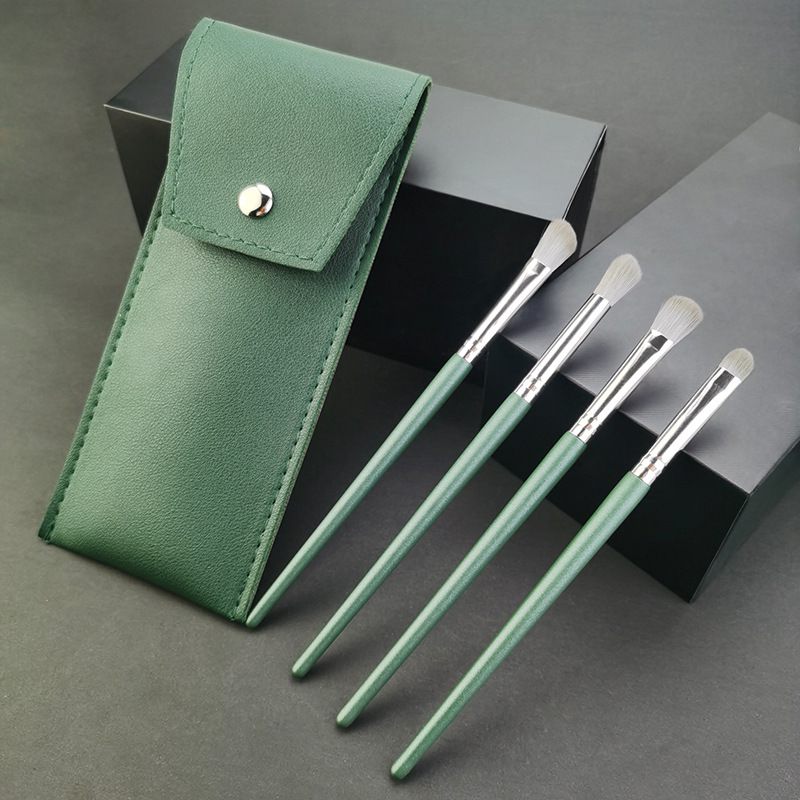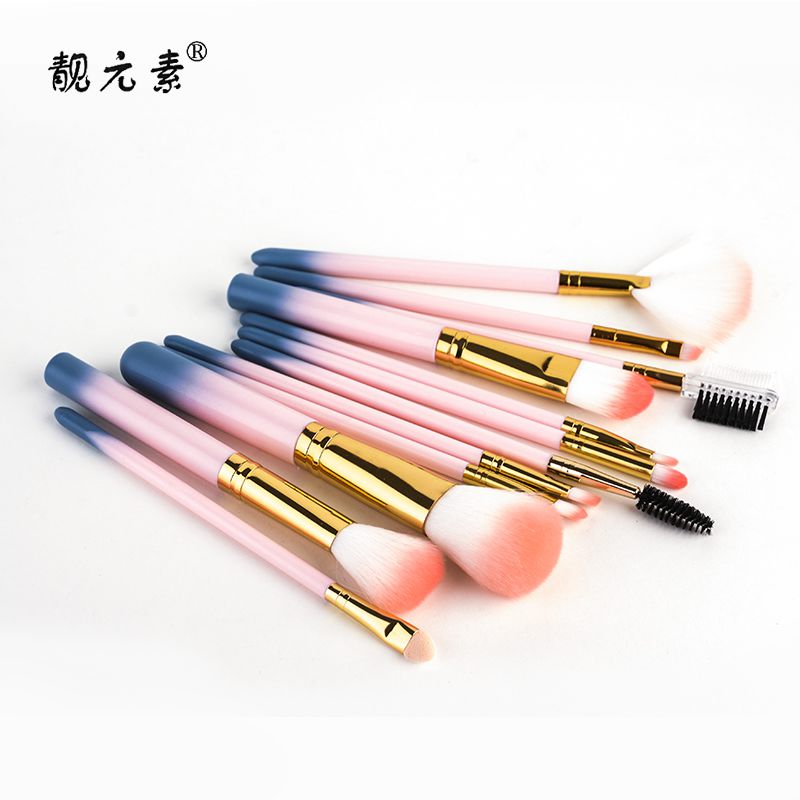Industry news
Brazilian Beauty Market Booms: Local Brush Brands Invest in Animal-Free Bristle Production
- 905 Views
- 2025-09-26 01:31:51
Brazilian Beauty Market Booms: Local Brands Drive Surge in Animal-Free Bristle Production
Brazil’s beauty industry is experiencing unprecedented growth, solidifying its position as Latin America’s largest cosmetics market and a global player in sustainable beauty innovation. With market value projected to exceed $50 billion by 2025 (Euromonitor), a key driver of this expansion is the rapid rise of animal-free bristle production among local brands, as consumers, regulators, and manufacturers align around ethical, eco-conscious, and high-performance beauty solutions.

The shift toward animal-free bristles—often referred to as “vegan brushes”—is no mere trend but a strategic response to evolving consumer demands. Brazil’s younger demographics, particularly Gen Z and millennials, now make up over 60% of beauty buyers (Nielsen), and their purchasing decisions are increasingly guided by values: 78% prioritize brands with clear animal welfare commitments, while 65% seek products labeled “sustainable” or “eco-friendly” (Brazilian Beauty Association, ABH). Social media has amplified this shift, with hashtags like VeganBeautyBR and CrueltyFreeBrazil generating over 5 million posts in 2023, driving viral conversations around ethical consumption.
Local brands are capitalizing on this momentum by investing heavily in domestic animal-free bristle production. Historically reliant on imported animal hair (such as goat or squirrel hair from Asia and Europe), Brazilian manufacturers faced challenges including supply chain volatility, high tariffs (up to 35% on animal hair imports), and fluctuating exchange rates. By pivoting to synthetic fibers—primarily nylon, PBT (polybutylene terephthalate), and modified polyester—brands are gaining greater control over quality, cost, and scalability.

“Local production isn’t just about ethics; it’s about resilience,” says Maria Almeida, sustainability director at Belo Cosméticos, a São Paulo-based brand that launched its first fully vegan brush line in 2022. “Importing animal hair meant waiting 3–4 months for shipments and absorbing 20–30% cost hikes annually. Now, with our in-house synthetic bristle facility, we cut lead times to 6 weeks and reduced production costs by 18%.”
Technologically, Brazilian-made animal-free bristles are challenging long-held stereotypes that “vegan means lower quality.” Innovations in fiber engineering—such as micro-tip processing (creating ultra-fine, tapered ends to mimic animal hair softness) and hollow-core designs (enhancing powder pickup)—have yielded brushes that outperform traditional alternatives in third-party tests. A 2023 study by the University of São Paulo’s Materials Science Lab found that locally developed PBT bristles retained 22% more powder than natural squirrel hair and showed 35% less shedding after 50 washes.
Market response has been enthusiastic. Belo Cosméticos’ vegan brush line, “EcoSofia,” became its top-selling accessory within 6 months, with 92% of reviews citing “comparable or better performance than animal hair brushes.” Similarly, Rio de Janeiro-based indie brand Flora Beauty saw a 215% sales surge after launching its “Viva Vegan” brush collection, supported by influencer partnerships highlighting the brushes’ cruelty-free credentials and affordability (priced 15–20% below imported animal hair alternatives).
Regulatory and infrastructural support is further fueling this shift. Brazil’s Ministry of Environment, under its “Green Beauty Pact” (2021), offers tax incentives to brands using 100% locally sourced, sustainable materials—including synthetic fibers derived from recycled plastics. Meanwhile, investments in domestic chemical manufacturing, led by firms like Braskem, have expanded access to high-quality raw materials, reducing reliance on Asian suppliers.
Challenges remain, however. Consumer education is critical: 41% of Brazilian beauty buyers still associate “vegan brushes” with “stiff, scratchy fibers,” according to a 2023 ABH survey. Brands are addressing this through in-store demos, YouTube tutorials comparing synthetic vs. animal hair performance, and partnerships with cruelty-free certification bodies like Leaping Bunny to build trust.
Looking ahead, Brazil’s investment in animal-free bristle production positions it to lead not just regionally but globally. With Latin America’s vegan beauty market growing at 19% CAGR (Mintel), local brands are eyeing exports to Argentina, Colombia, and Mexico, leveraging their “Made in Brazil” sustainability story. “We’re not just meeting demand—we’re defining the next generation of beauty manufacturing,” Almeida notes. “Animal-free, locally made, and high-performing: that’s the future, and Brazil is ready











